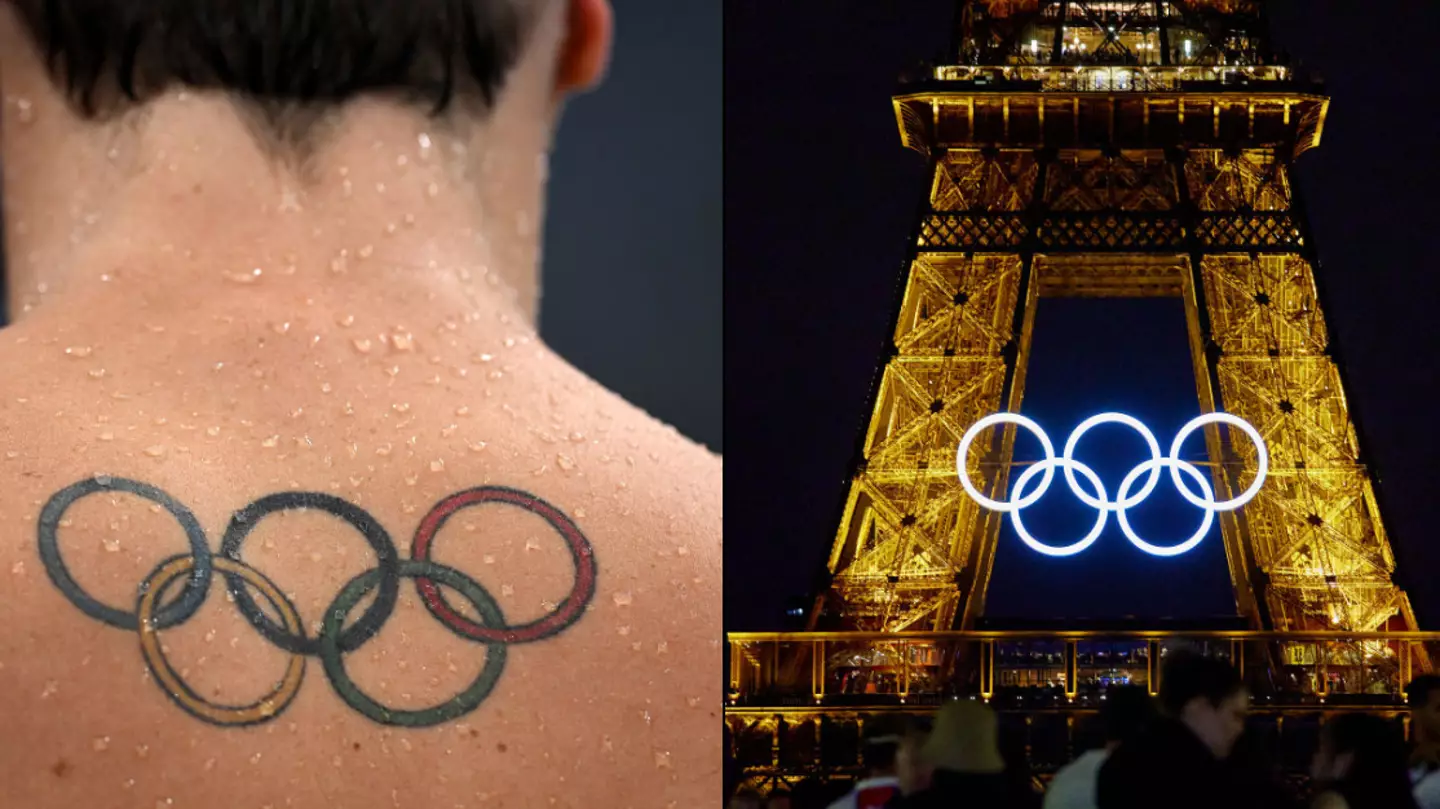With the conclusion of the Olympics, all eyes now turn to the Paralympic Games, set to begin in Paris on August 28. The French capital is preparing to host thousands of athletes with various disabilities, but some competitors might find themselves disqualified before they even get the chance to compete—all because of a little-known rule regarding tattoos.
Many athletes proudly display tattoos, often commemorating their Olympic achievements with the iconic Olympic rings. However, this symbol, originally designed by Pierre de Coubertin, could put participants in jeopardy at the 2024 Paralympics.
Athletes competing in any of the 549 medal events could face a ban if officials spot the five rings tattooed on their skin. This rule became painfully clear to retired Paralympian Josef Craig, who was penalized for revealing his Olympic rings tattoo before the 2016 Games in Rio.
Craig, who has cerebral palsy, had won his heat in the S8 100m freestyle at the IPC Swimming European Championships in Portugal eight years ago. Despite his impressive performance, he was disqualified because his tattoo—located on the left side of his chest beneath a ParalympicsGB lion’s head—was visible.
This disqualification was due to a strict rule enforced by the International Paralympic Committee (IPC), which prohibits ‘body advertising.’ Although the IPC operates independently of the International Olympic Committee (IOC), the rule still applies to the Olympic rings emblem, offering no exceptions to athletes.
In the past, Craig attempted to circumvent this rule by covering his tattoo. Before competing in Rio in 2016, he went a step further, painting over the artwork with a picture of the Union Jack to comply with the regulations. After all, he couldn’t exactly wear a t-shirt while swimming.
Following Craig’s disqualification, an IPC spokesperson stated: “Body advertising is not allowed in any way whatsoever, and that includes the Olympic rings. The athlete did not wear a cover and was therefore disqualified. All teams are informed of the advertising policy at a technical meeting prior to competition, so it wasn’t as if they hadn’t been reminded about the rules.”
Despite criticism that the rules are excessively strict, the IPC has indicated that the policy will be enforced once again at the upcoming Paralympic Games in Paris.
The event will run from August 28 to September 8.
Related Topics

